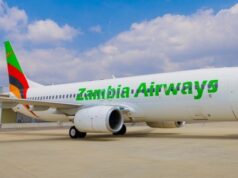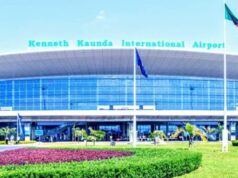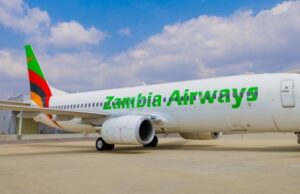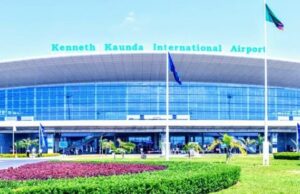
( 3 minutes read)
· The businesses in Kenya are working below normal given the
fact that there is a nation-wide curfew on movement of goods in and
out of Nairobi, Mombasa, Kwale and Kilifi. These are the places in
the country, where businesses are concentrated. This would mean all
business and industrial activities are working at below normal
conditions.
The businesses in Kenya are working below normal given the fact that
there is a nation-wide curfew on movement of goods in and out of
Nairobi, Mombasa, Kwale and Kilifi. These are the places in the
country, where businesses are concentrated. This would mean all
business and industrial activities are working at below normal
conditions. According to experts, this would increase the risk of
bankruptcy.
The Central Bank of Kenya (CBK) has revised downwards this year’s
growth projection from 6.2% to 3.4%, a 3% shave off from the
estimated growth. However, the IMF projects growth at 1%, far below
the official estimates. The resultant contraction in exports and
subsequent fall in inflow of foreign exchange reserves are indicated.
The border closures the country has resorted to \will impact the
domestic availability of goods raising inflationary pressure.
Despite CBK easing banking regulations, there is no marked change in
the demand profile, which continues to sag. Tax relief and VAT
reductions carried out by the government are seemingly not making an
impact on the business confidence. Private sector is not coming out
with new projects and is focused on how to reduce their continuing
debts. Many units are being closed down and several others are in the
process of doing so.
The Kenyan authorities are seeking combined support of over
US$1billion from multilateral lenders. The World Bank has approved an
initial US$50m to support the country’s response to Covid-19 – in
March. The government is seeking US$750 million from the World bank
and US$350million from the IMF.
Segments like aviation, horticulture and tourism are heavily affected
by the pandemic. Kenya Airways (KQ), which is now under the
government ownership, is suffering from the grounding of flights and
furloughed most of its workers, cut all salaries by as much as 80% and
approached the government for a bailout of an undisclosed sum. Added
to this, the airline has a heavy debt. Kenya’s export-led flower
sector is also in doldrums. , In 2017, this sector accounted for 11%
of all exports and earned US$ 688million. Now, it is struggling
because of the disruptions in flights. The Kenya Flower Council puts
the demand for horticultural produce at 3,500 tonnes per week. But
the available cargo capacity is only 1,300 tonnes due to flight
disruptions.
Manufacturing 10% of GDP, is also affected. According to a survey
conducted by the Kenyan Association of Manufacturers (KAM), 87% of
domestic producers said they of the manufacturing units are facing
shortage of raw materials due to reduced supply from China. Close to
23% of the units have downsized their operations including size of the
labor force.
One sector which has escaped the onslaught of the virus is tea. Kenya
is the world’s second top tea exporter after China. Most of its
produce is shipped to Pakistan, Egypt, the UAE and the UK.











